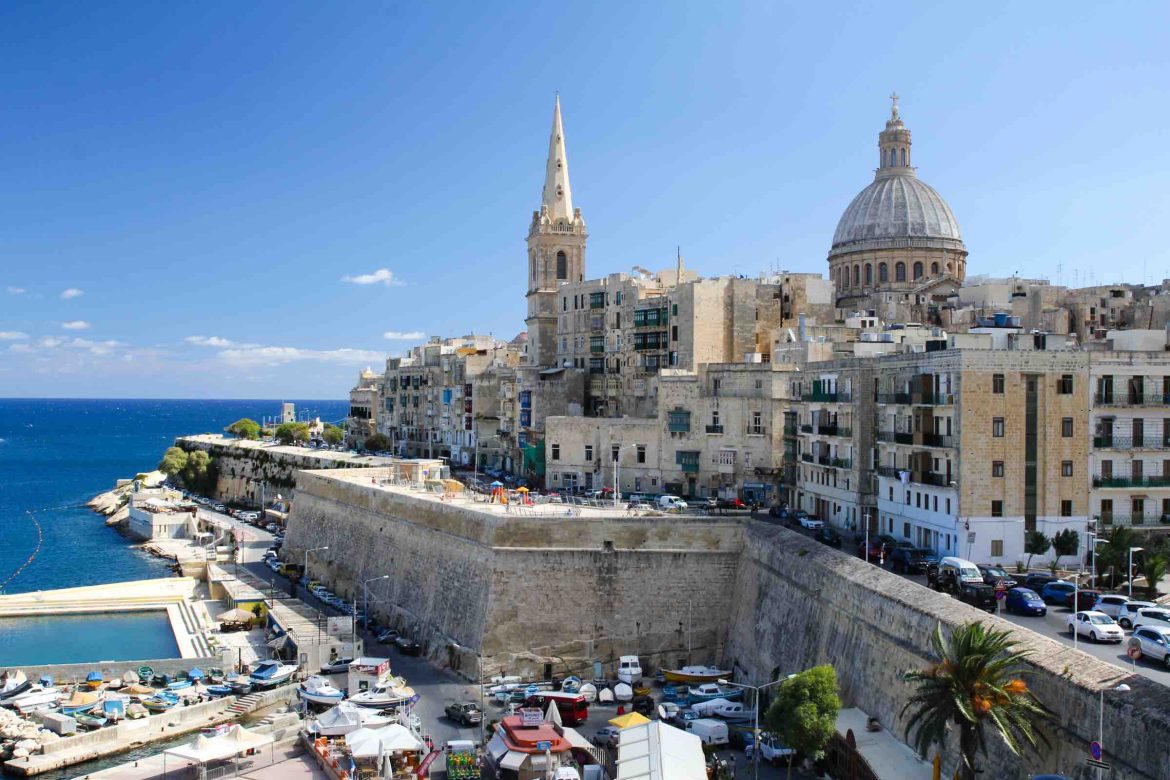Malta, that densely packed – for now – and rather beautiful Mediterranean archipelago, is making a bold and controversial move.
Beginning in 2026, the government will exempt parents of two or more children from income tax on the first €18,500 of their earnings — a threshold set to rise to €30,000 by 2028. The tax break lasts until the children reach the age of 23. This is not just fiscal engineering — it is a national survival plan.
According to Eurostat, Malta posted the lowest fertility rate in the European Union in 2023 — 1.06 children per woman, far below the replacement level. Finance Minister Clyde Caruana has warned that demographic collapse is the country’s “biggest challenge.”
For Malta, the stakes are existential. The native population, now roughly 406,000, is ageing fast: nearly a quarter are over 65. Meanwhile, foreign residents and migrant workers make up almost a third of the island’s total population. The government fears that, unless native birth rates rise, the country’s social balance, identity and long-term viability may be at risk.
Archbishop Charles Scicluna has warned of an impending “ethnic extinction” if current trends continue — a phrase that has sparked heated debate about culture, identity and immigration.
Under the plan, parents with two or more children will pay no income tax on the first €18,500 they earn, with the ceiling rising to €30,000 by 2028. The measure aims to incentivise larger families while keeping the national debt stable at 47% of GDP and the deficit within EU rules.
The intent is noble, but demography rarely responds to taxation alone. Across Europe, fertility has been falling for decades, driven by structural forces — higher costs of living, precarious work, urban housing shortages and shifting gender expectations. Even generous child benefits have had limited success in reversing the decline in countries such as Italy, Germany and Spain.
Malta’s plan thus risks being both bold and painfully symbolic — a measure that signals alarm rather than solves it.
The danger for Prime Minister Robert Abela’s government is that the scheme may become a political gesture, rather than a genuine solution. While tax relief helps middle-income families, it may do little for the young workers who cannot afford to start families in the first place.
If Malta wishes to change course, it will have to do more than offer tax cuts. Affordable housing, state-funded childcare, flexible work arrangements and a strong cultural message that family life is valued — these are the tools that could make a difference. Without them, the country’s “baby bonus” risks becoming a short-lived political stunt.
Moreover, the focus on families with two or more children may spark resentment among those left out: single parents, childless couples, or the single-child households who bear the same inflation and housing pressures.
Behind the statistics lies something deeper: a fear of national disappearance. Malta’s population surge in recent years has come almost entirely from immigration, a reality that worries conservatives and energises populist factions. The government’s latest move can therefore be read as an attempt to reaffirm the native demographic majority — a politically sensitive goal in modern Europe.
If the policy is seen as prioritising one community over another, Malta could find itself walking a tightrope between social cohesion and populist backlash.
Malta is far from alone. Across Europe, falling birth rates threaten pension systems and the sustainability of welfare states. Italy’s fertility rate stands at 1.2, Germany’s at 1.3, and Spain’s at 1.1. Governments from Warsaw to Paris are searching for ways to reverse what may be a civilisational trend rather than a temporary economic slump.
If Malta’s policy gains traction, others will watch closely. It may serve as a test case — proof either that bold fiscal incentives can rekindle growth, or that the European family model is too deeply transformed for government policy to fix.
Malta’s new family tax break represents something rare in politics: a small nation daring to confront a big truth. Populations can fail — and once they do, economies, cultures and institutions begin to follow.
The question now is whether a tax exemption can make a society believe again in the idea of family, or whether it is already too late. As the measure takes effect in 2026, every birth and every new family will be tracked as a political barometer. For Malta, this is more than a budget line. It is an attempt to reverse time.
Click here for more News & Current Affairs at EU Today
________________________________________________________________________________________________________________________


